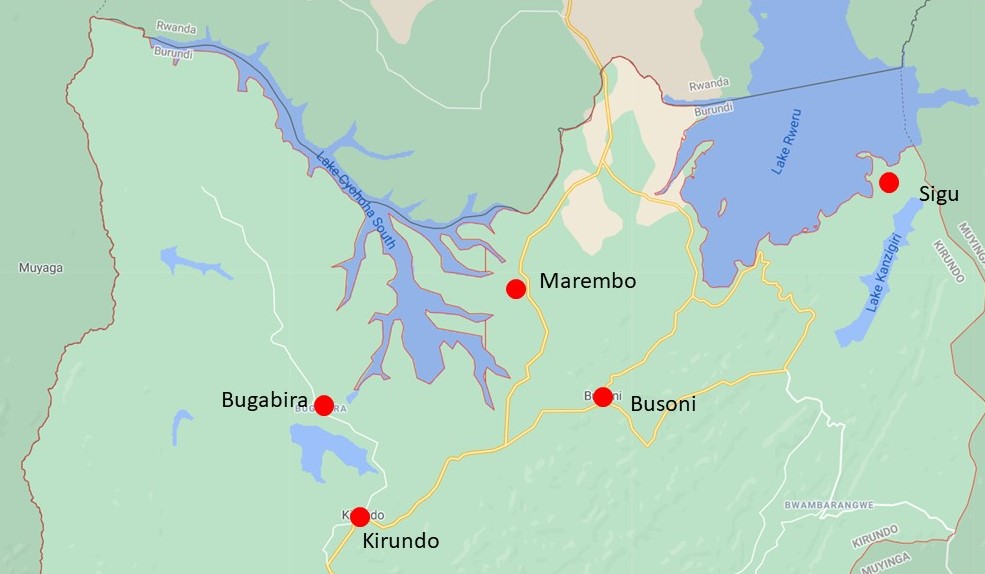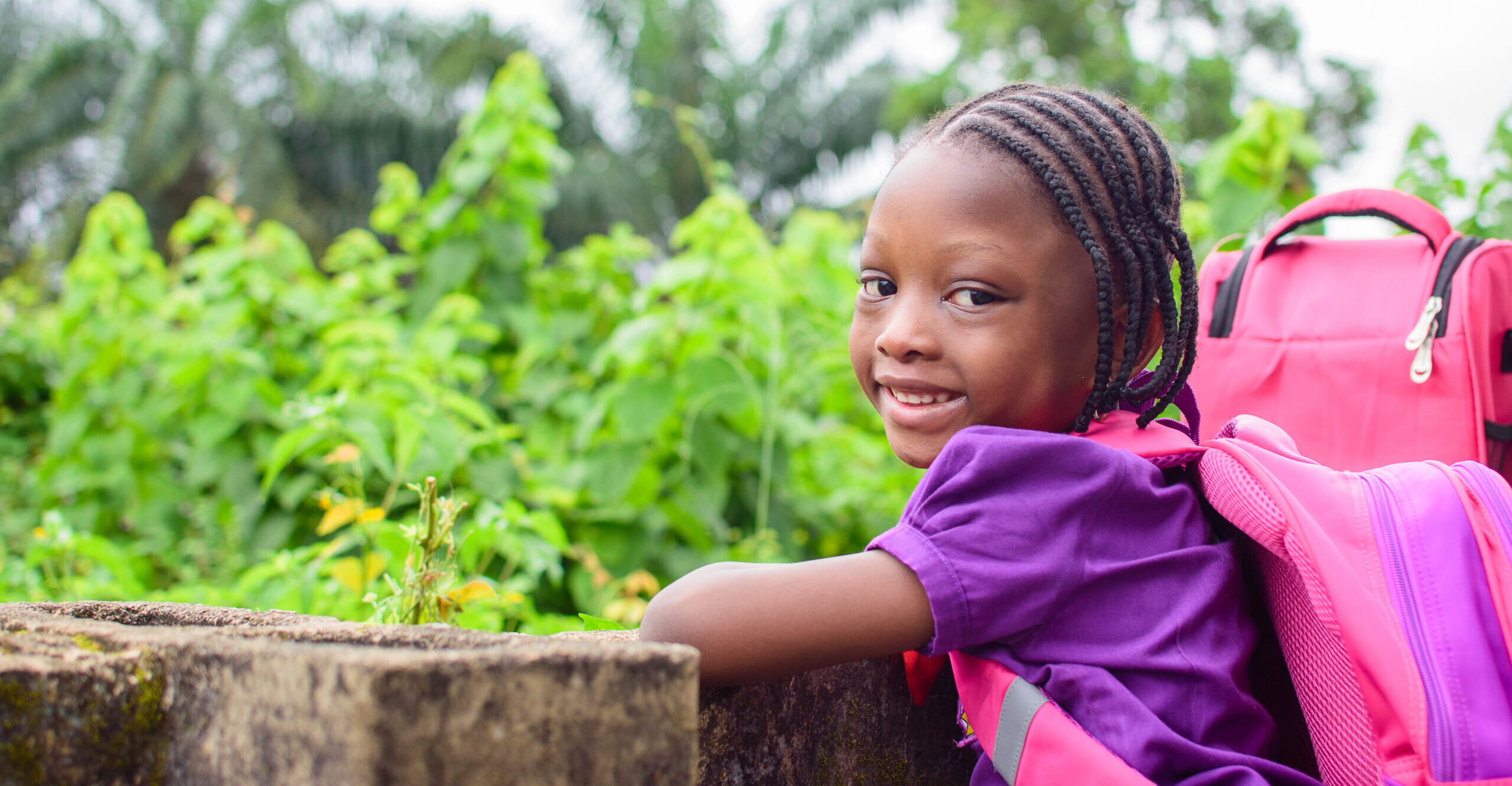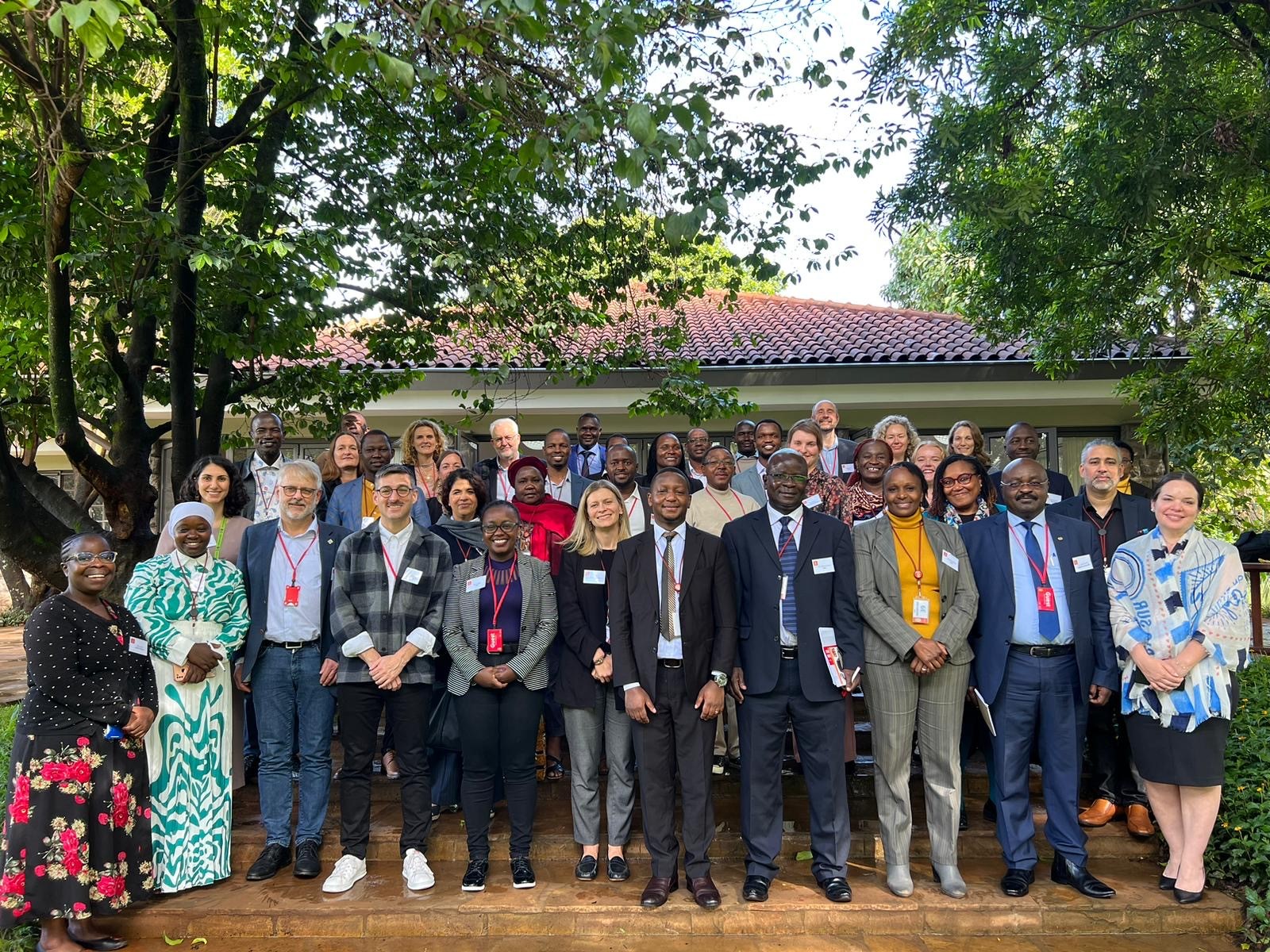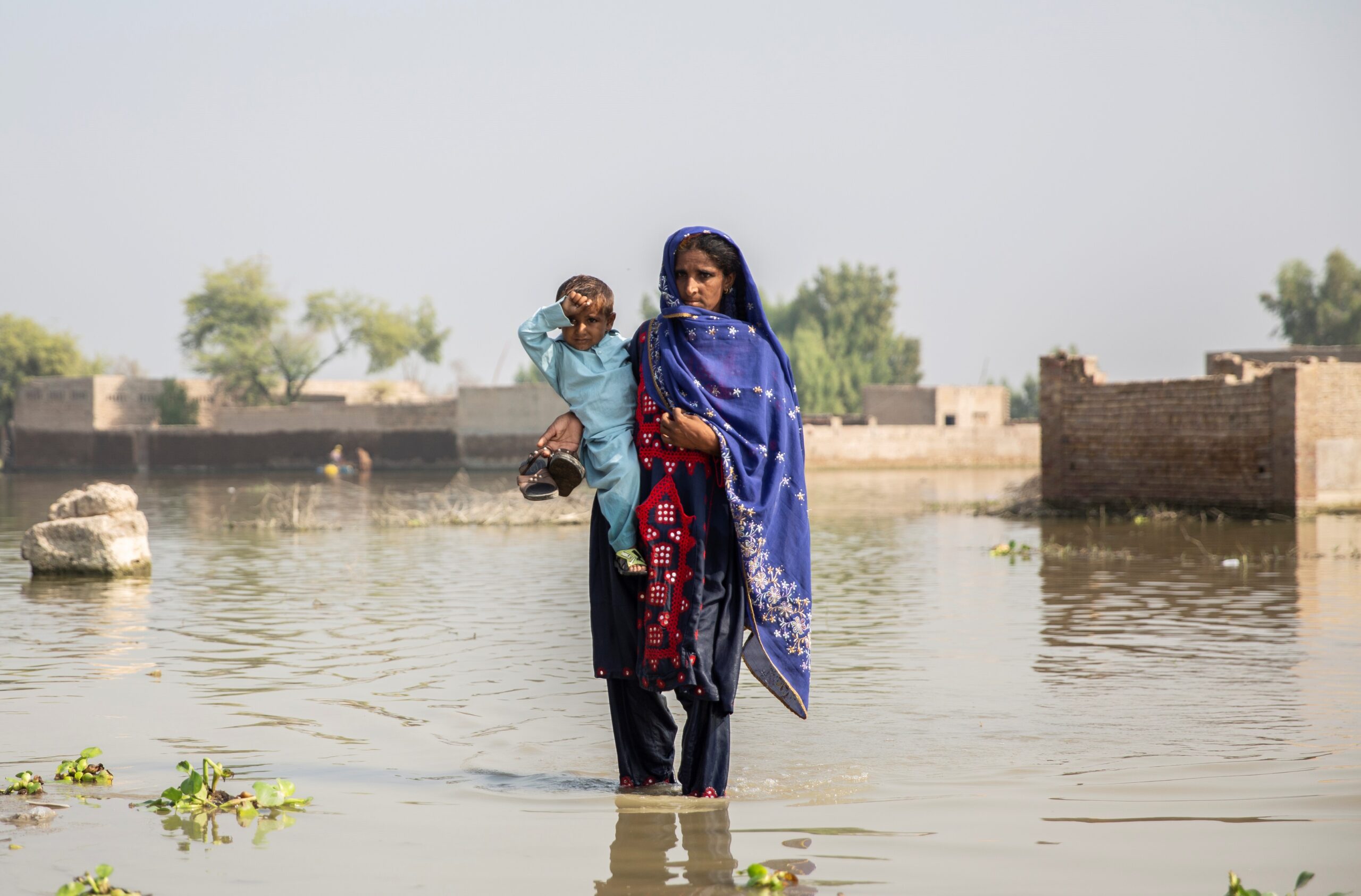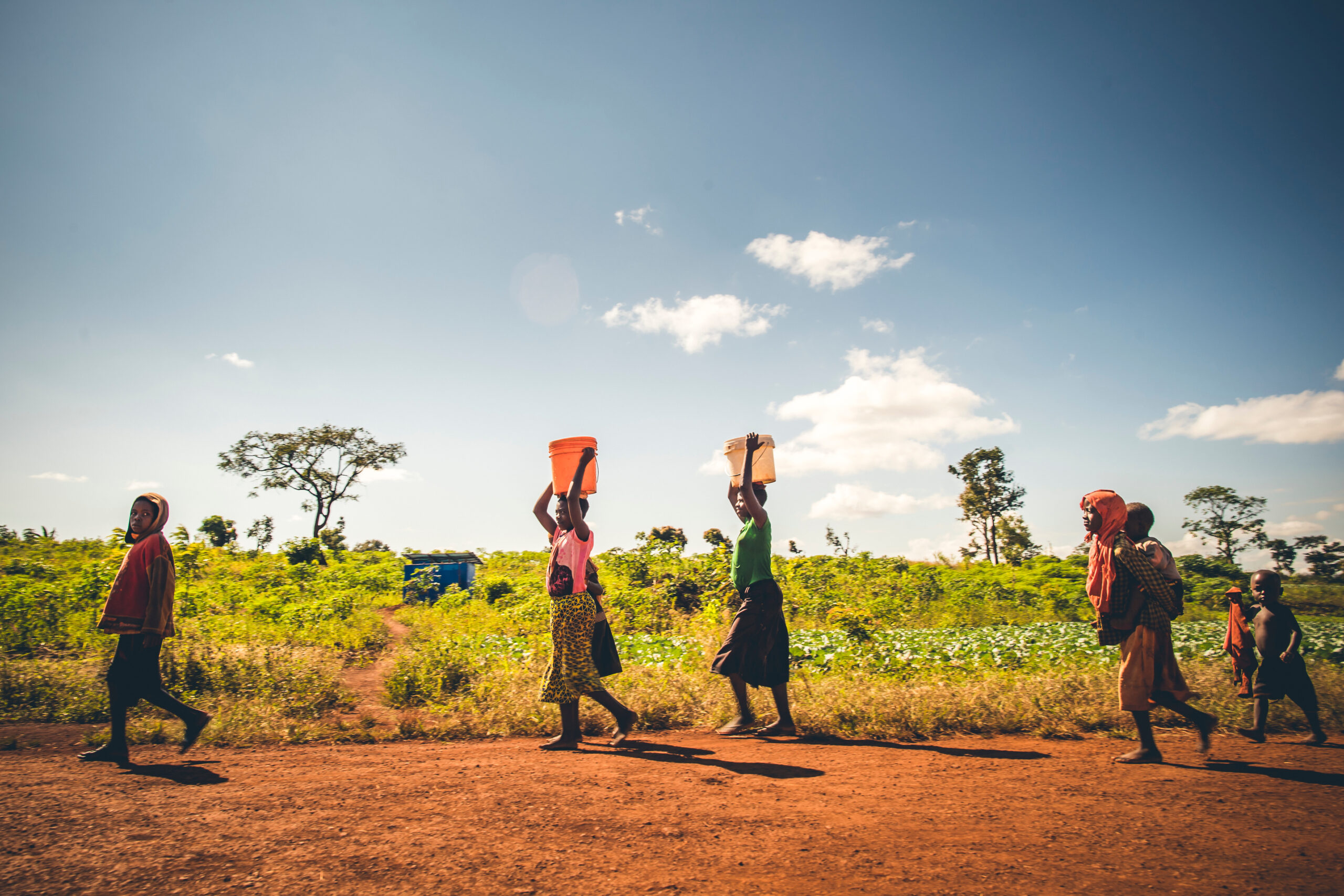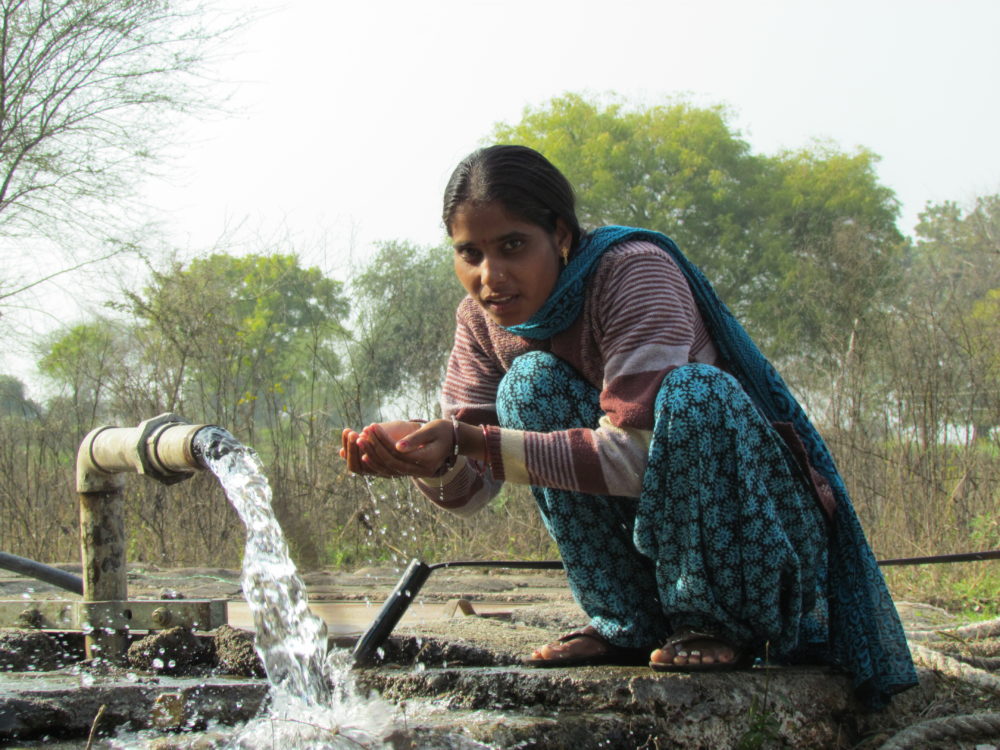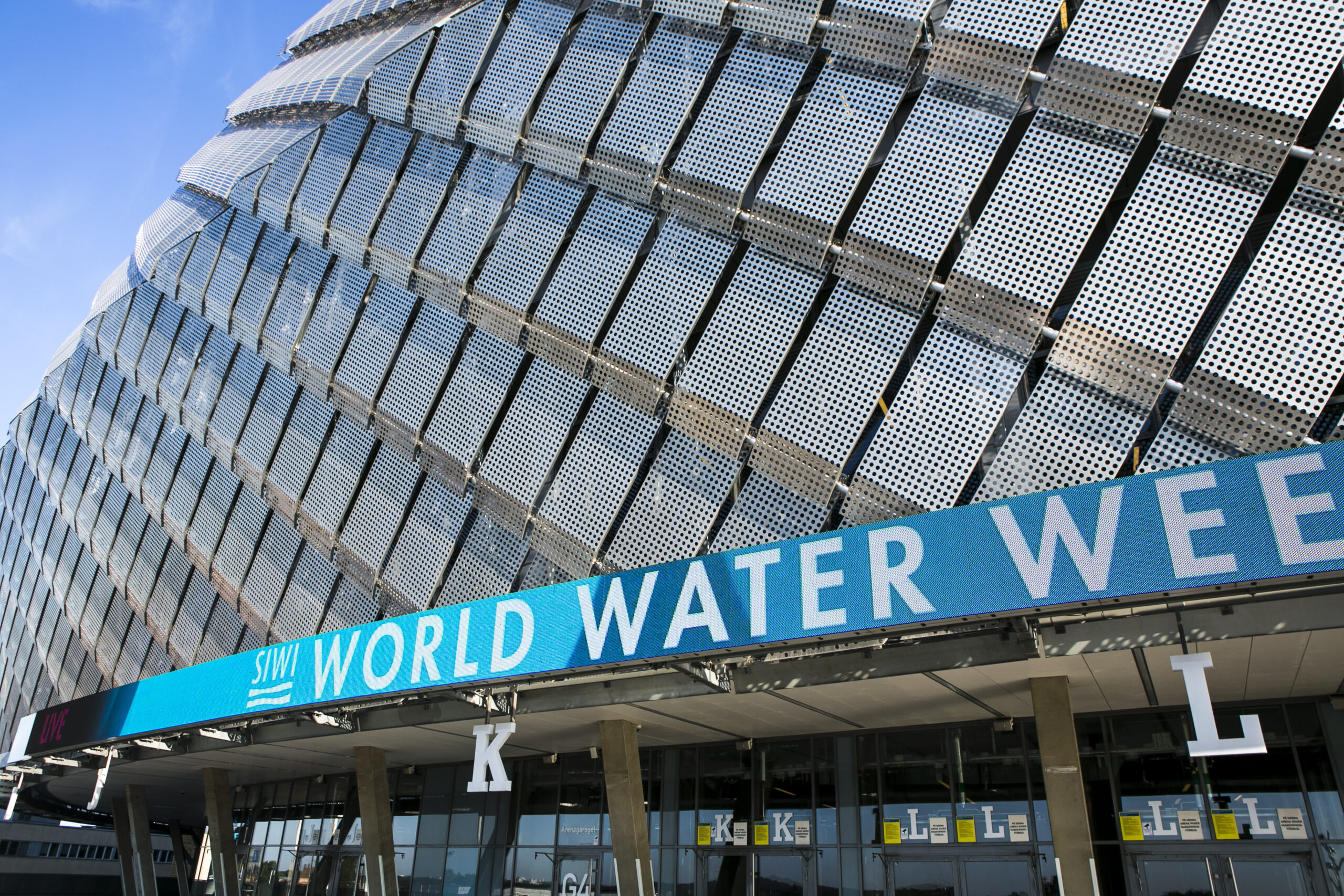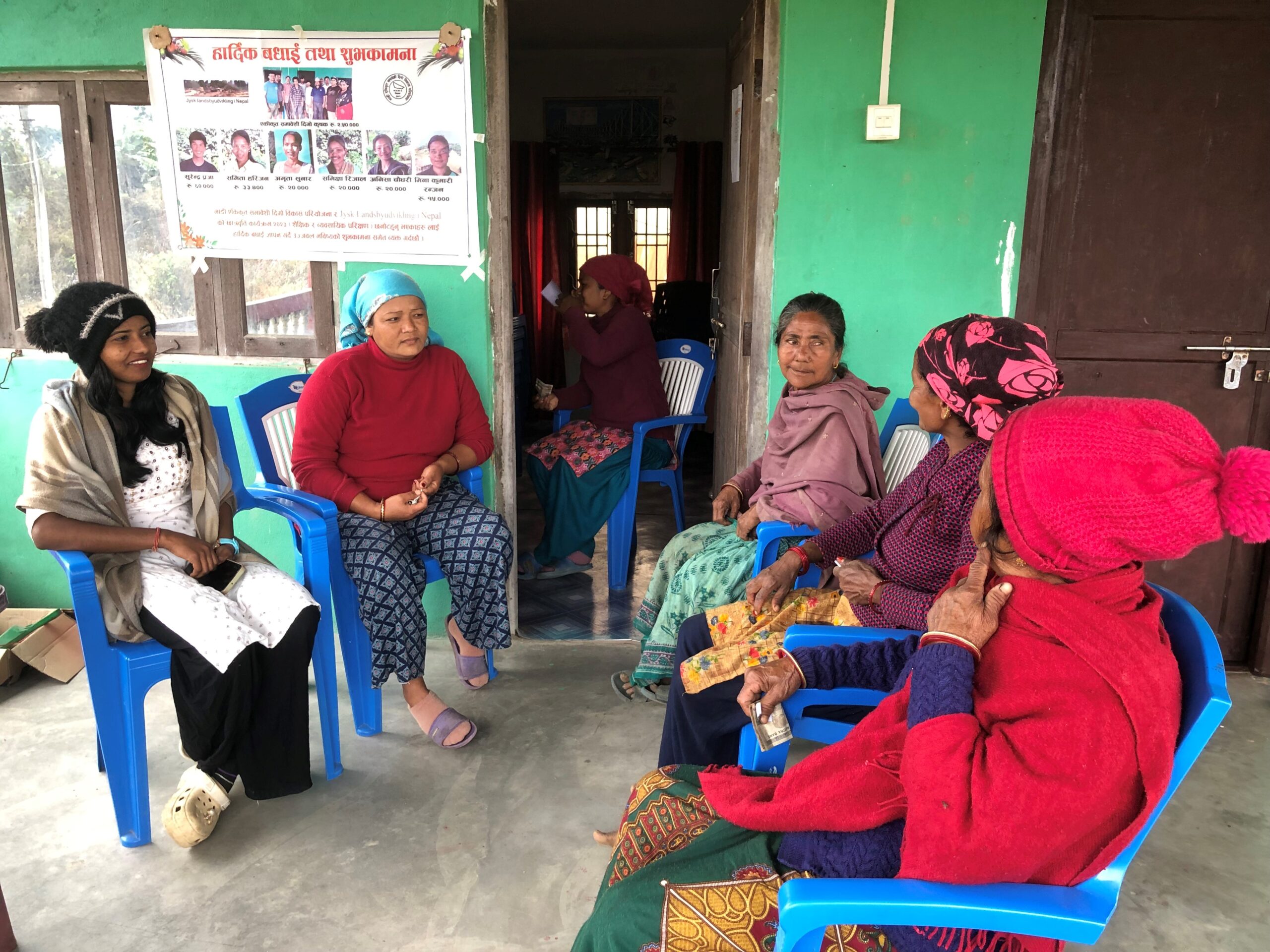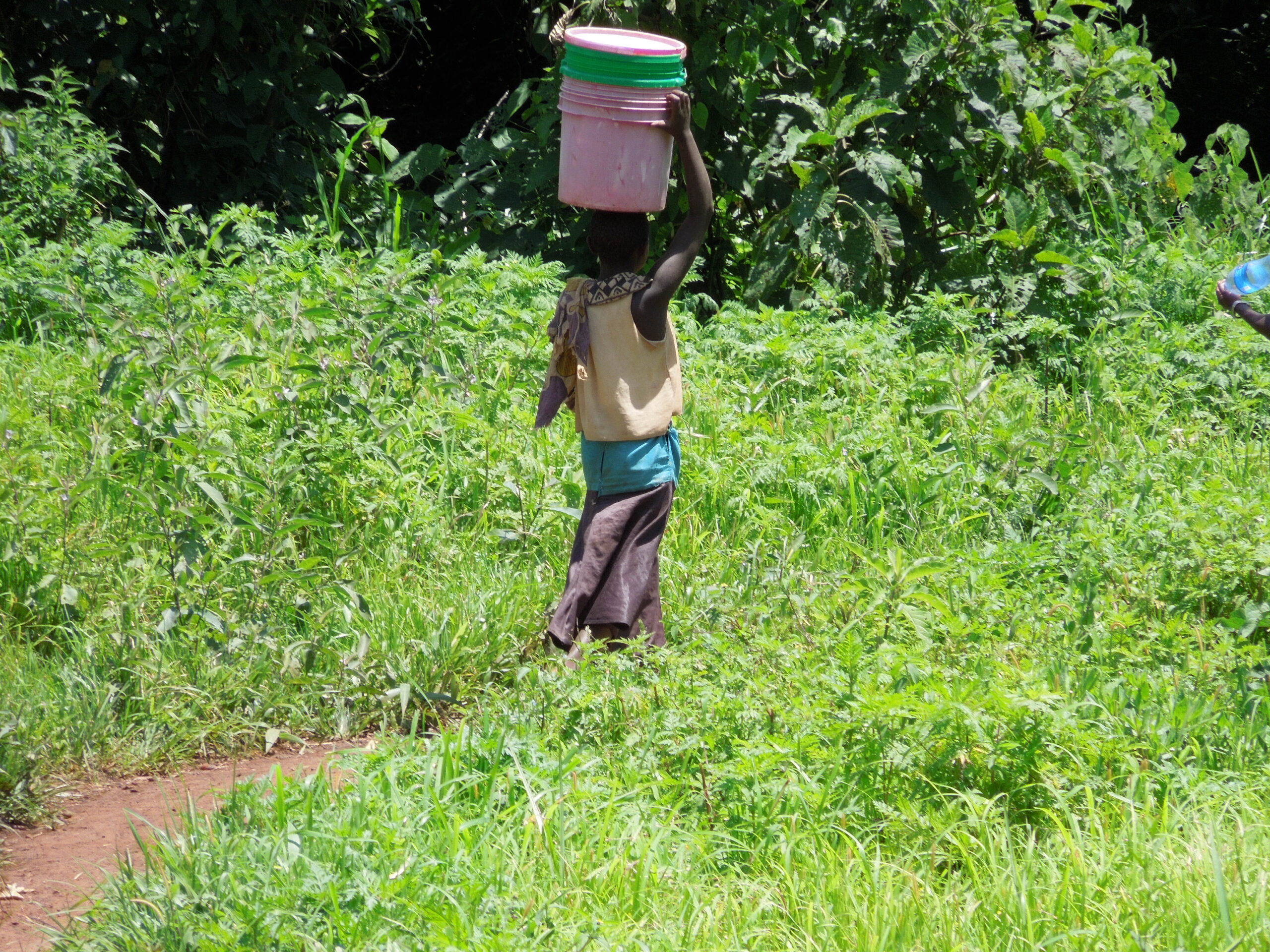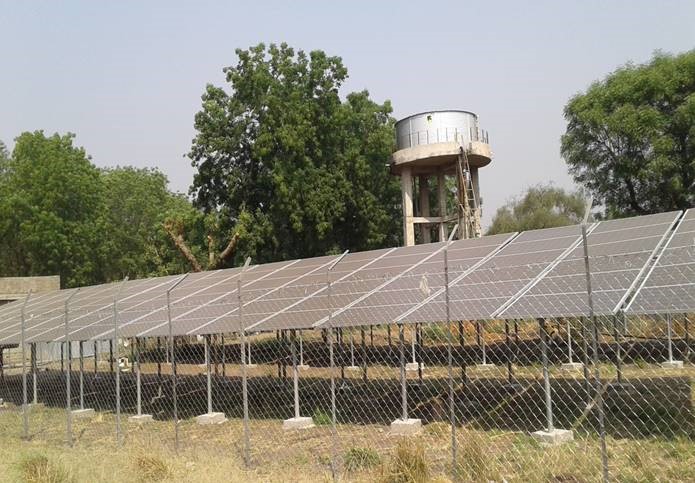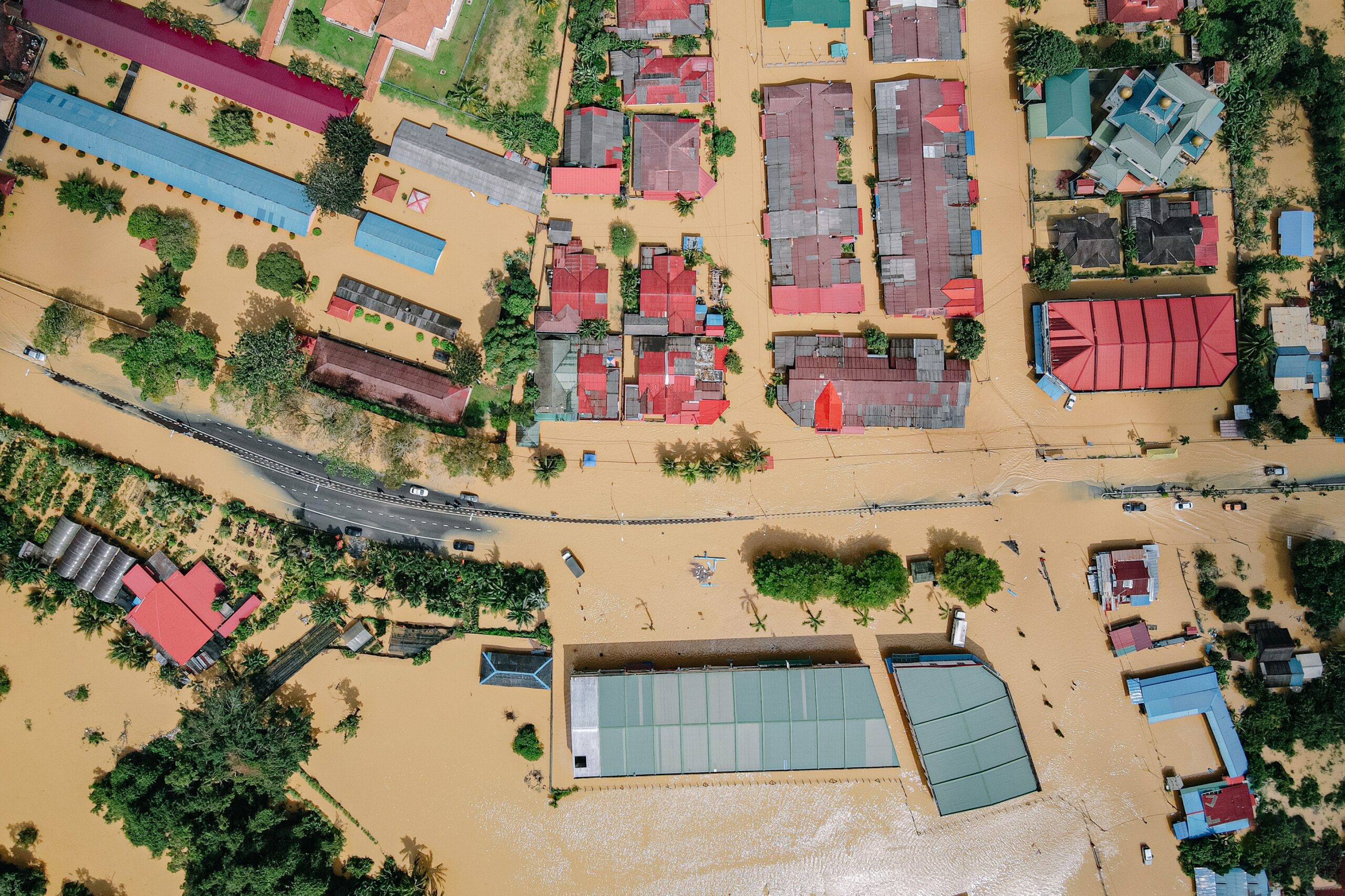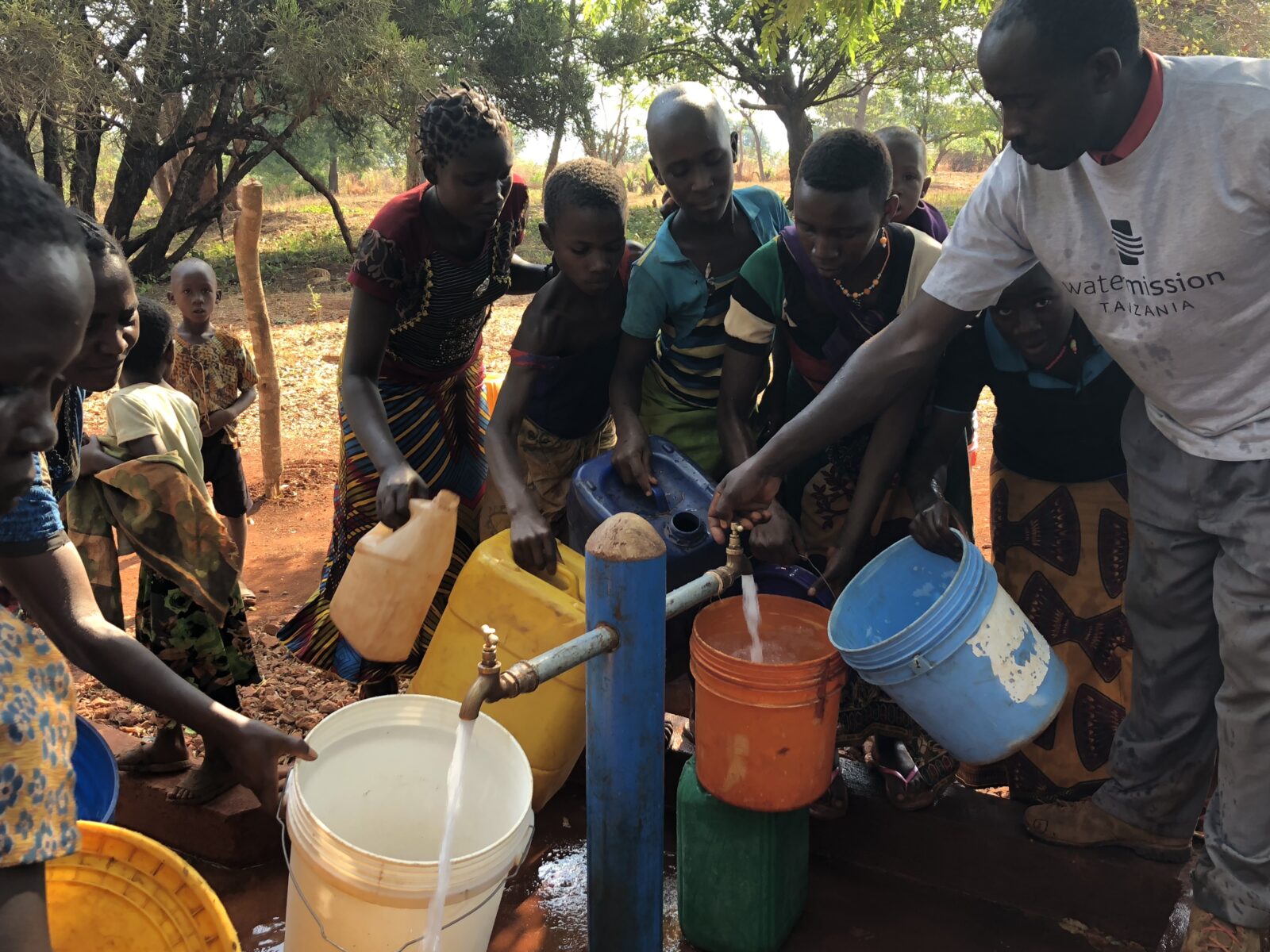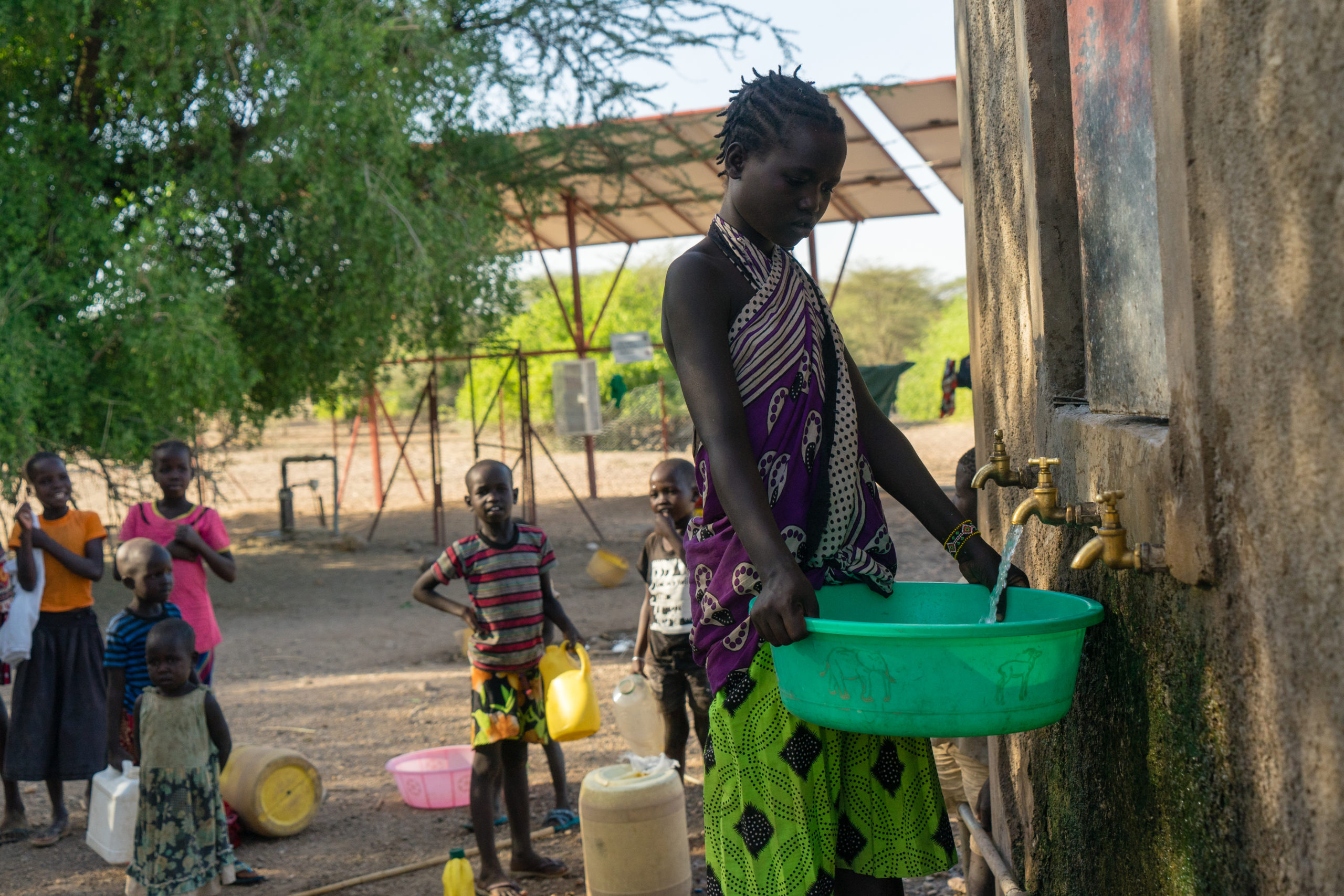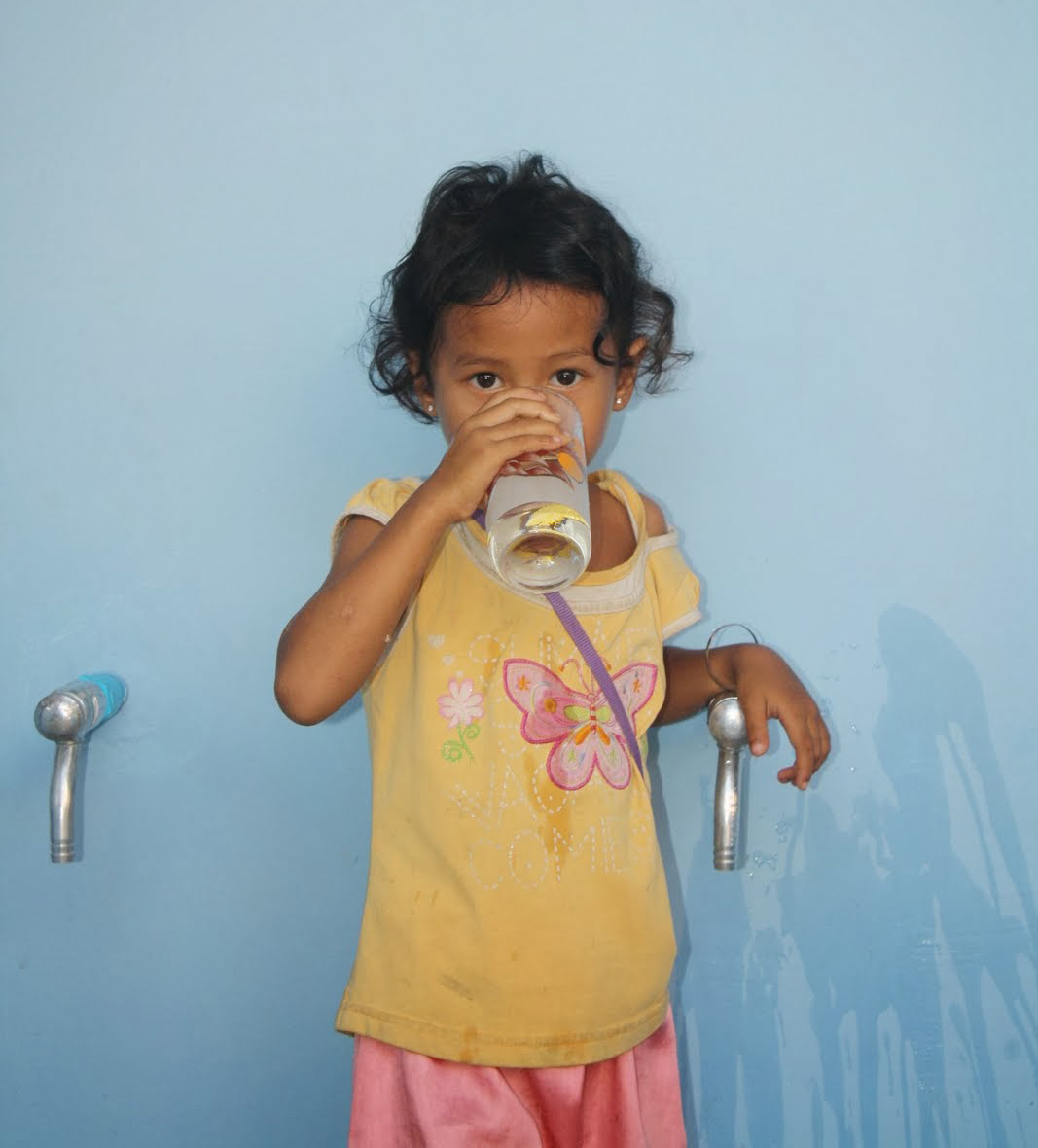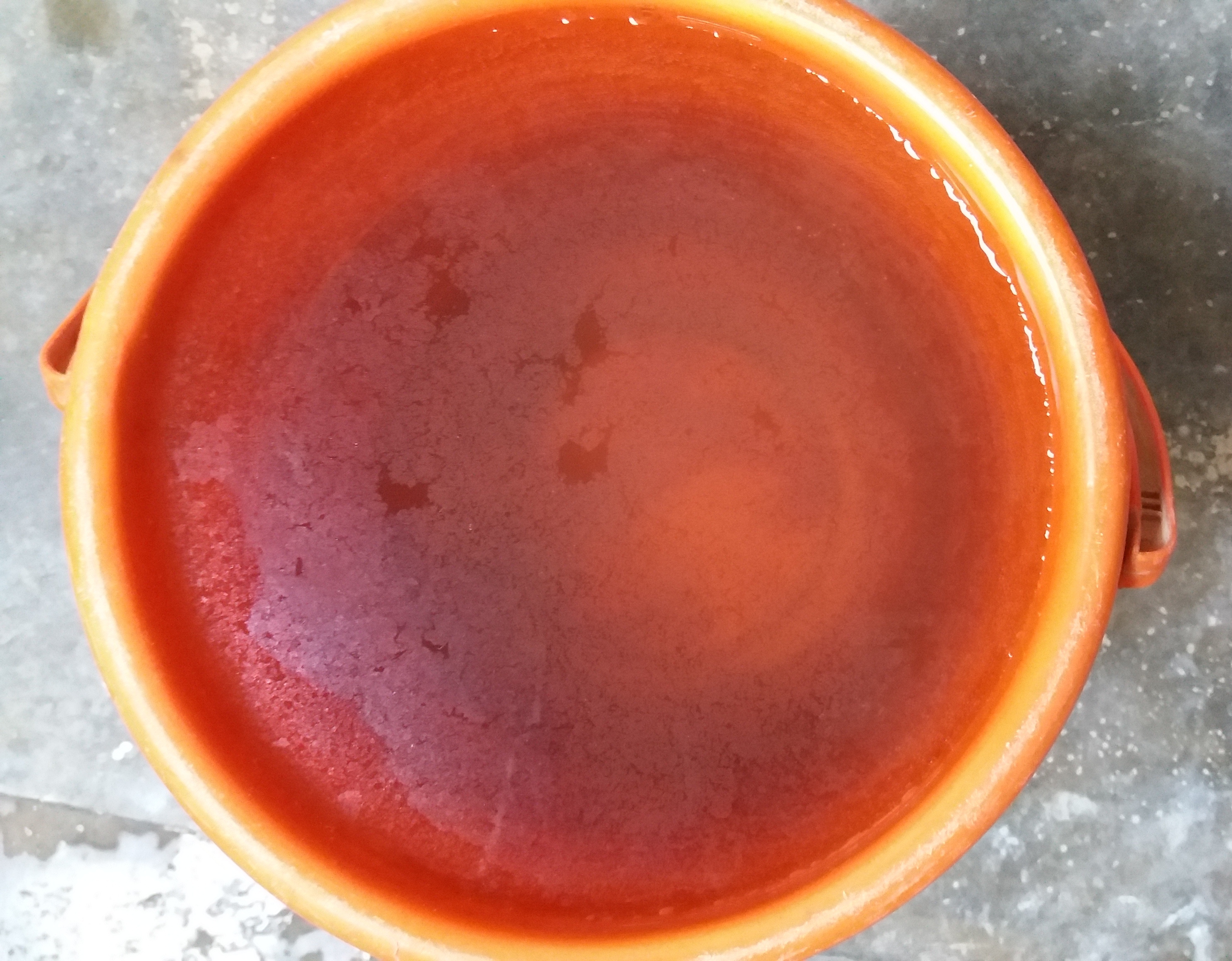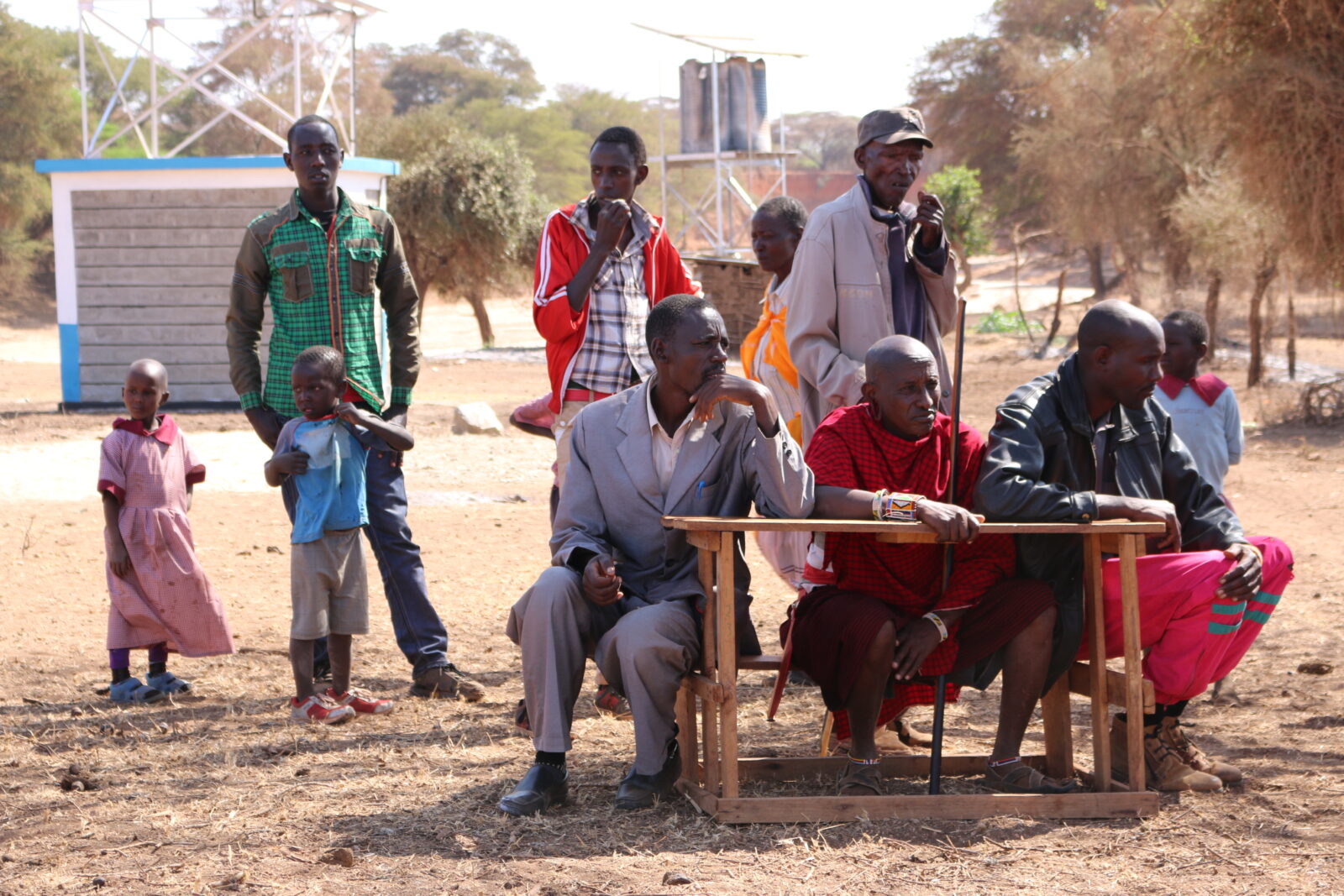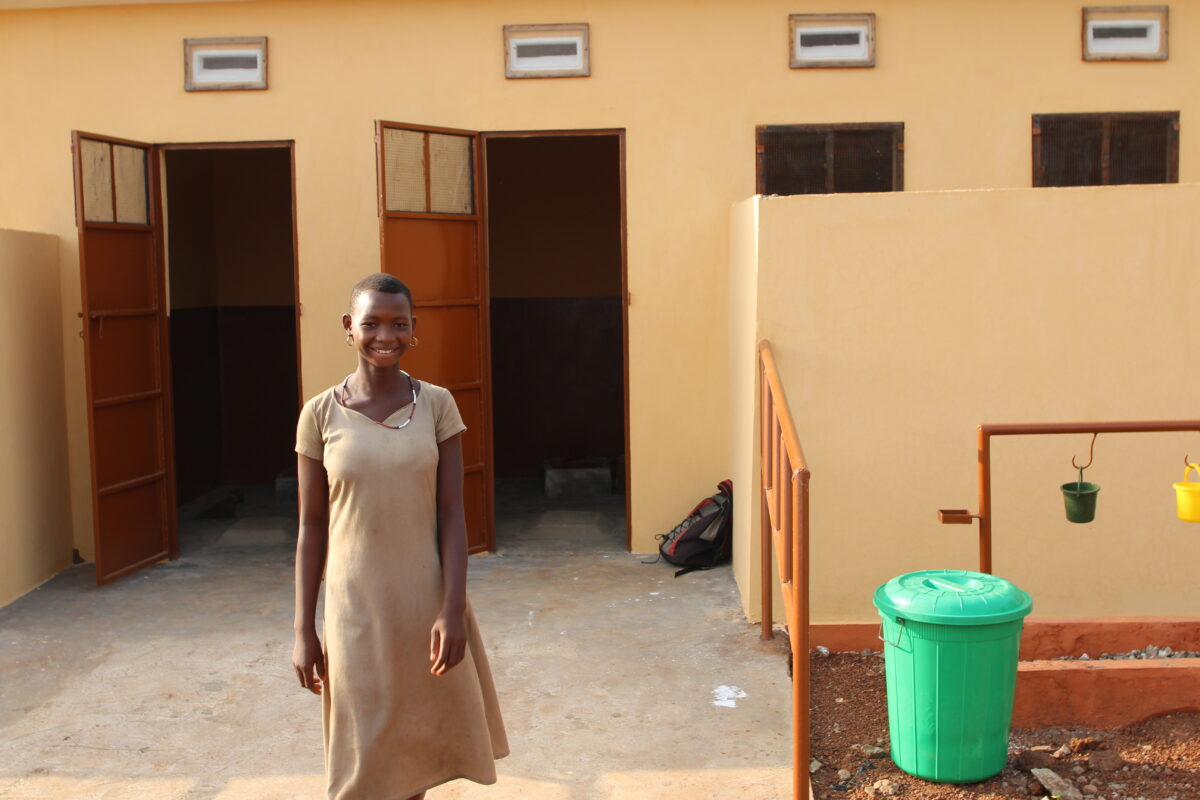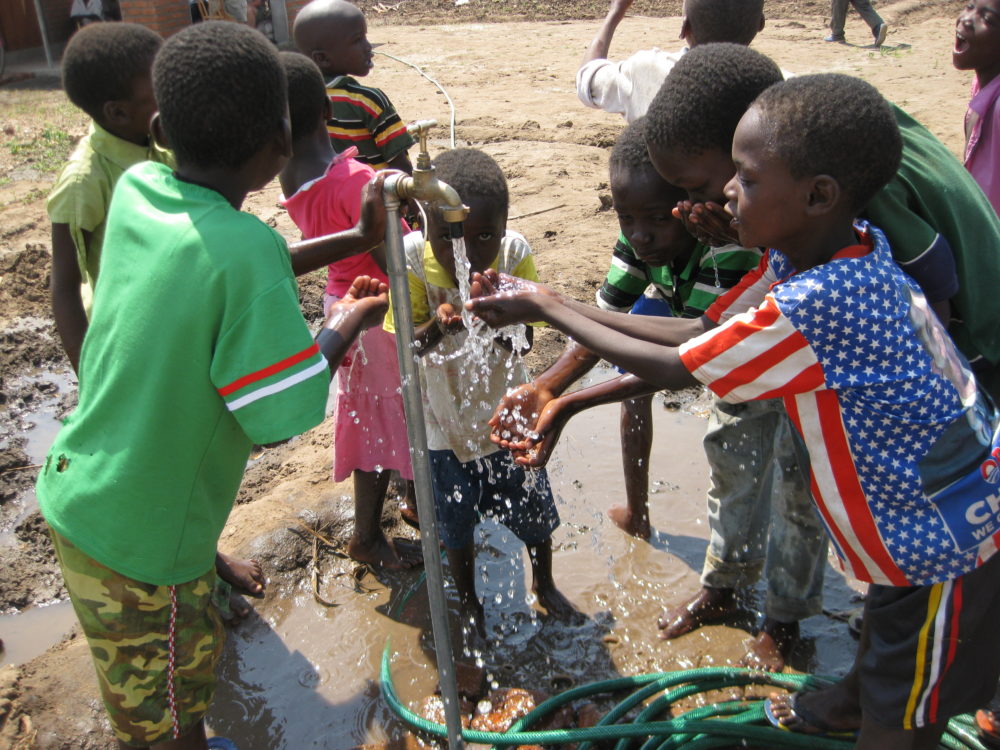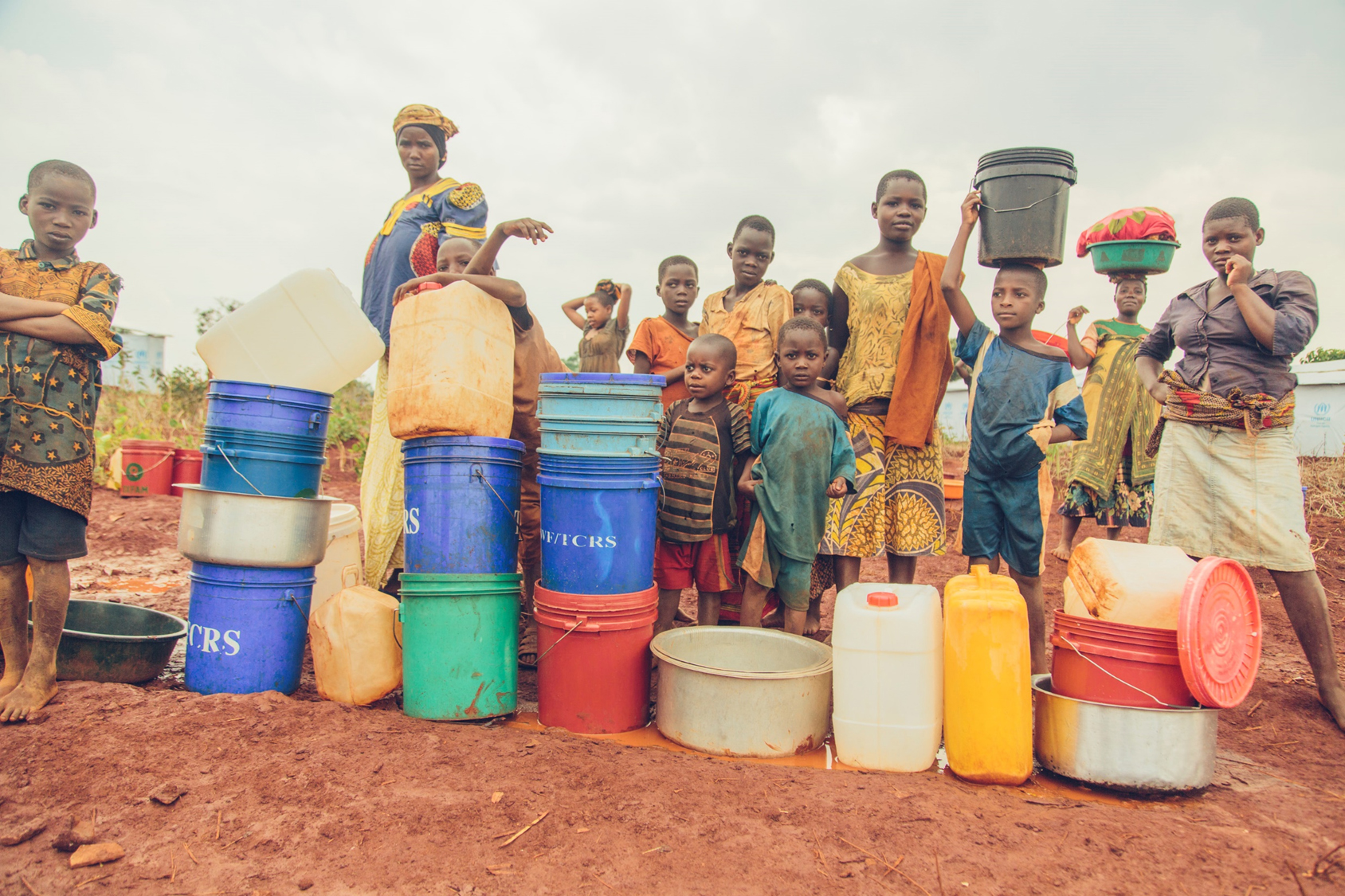Burundi is one of the poorest countries in the world. Approximately 80% of the estimated population of 10.88 million lives below the international poverty line (1,90 USD/day). Subsistence farming is still the main livelihood but because of low productivity and climate variability, among other factors, people struggle to secure their livelihoods. Kirundo Province lies in Northern Burundi, an area where few other international NGOs operate. Water and sanitation infrastructures were destroyed throughout the country during the decade-long civil war, ending in 2003.
Phase 2: expansion and infrastructure
In 2019, the Poul Due Jensen Foundation granted approximately 1 million EUR towards a second phase of the programme.
- Phase 2 ran for 16 months as of May 2019. Unfortunately, Norwegian Church Aid has pulled out from Burundi, and system monitoring is currently provided by Water Mission.
- The target beneficiaries are 36-54,000 people in 8-12 villages, including 10 health centres and 13 schools in Bugabira, Kirundo and Busoni communes, who will experience a reduced rate of waterborne diseases.
- Phase 2 will also go back to the sites of Phase 1 and work with all of the communities to ensure efficient and integrated management of the water infrastructure
- Remote monitoring will also be implemented in all water systems to follow the systems’ performance and the groundwater level
The community members previously drew water from unclean water sources like the Cohoha, Rweru and Kanzigiri lakes in the dry season and from rooftops during the rainy season. The few existing water wells were destroyed throughout the country’s decade-long civil war ended in 2003 and many have not been repaired since Kirundo province faces a lack of funding for the most basic services. In addition, despite best practices in the water supply sector recommending chlorination for public water systems; chlorine is at present not available in Kirundo market and there is no demand for it.
Phase 1: Marembo Health Centre
Phase 1 (2017) of this water, sanitation and hygiene (WASH) project provided safe drinking water to patients of Marembo Health Centre and to the population of two close villages, Bunyari and Sigu, with a population of 850 and 740 people. Marembo Health Centre serves 35,000 women, men, girls and boys each year, including people in the immediate catchment area plus those living further away for whom this health centre is the only facility accessible. 7-10 babies are born there each week. The safe water project established 3 solar-powered water pumping systems, a waste disposal system and latrines in the health centre, to significantly improve sanitation.
Before our intervention, Marembo Health Centre did have not access to clean and adequate water, as their water supply systems were non-functioning. Community members therefore drew water from unclean sources like the nearby Cohoha Lake in the dry season and from their rooftops during the rainy season.
Results
- The Marembo Health Centre and people in the immediate catchment area have access to 12 cubic meter per day of clean and adequate potable water for drinking and for domestic use.
- Bunyari and Sigu villages now have access to 10 cubic meters each of clean and adequate potable water deserved through 2 public boundary mark fountains equipped with 2 taps installed near their houses. They have stopped since to use the rude water from Cohoha and Rweru lakes for drinking.
- Besides, thanks to four ventilated improved pit latrines equipped with 4 bathrooms and 2 handwashing stations constructed for Marembo Health Center; patients visiting the health center have access to adequate sanitation services helping the patients to prevent from waterborne diseases.
Key challenges and learnings from Phase 1
As there is only one drilling company in Burundi, NCA had to reach out to companies outside of Burundi to get three quotations for the drilling work. This delayed the project a fair bit, helped along by fuel shortages in the spring of 2017.
However, as a result of the exercise of identifying companies outside of Burundi, NCA has developed a small database of potential specialized drilling companies to keep on hand for future projects. In order to overcome fuel issues in the future, NCA has signed a contract with the World Food Programme covering delivery of fuel for key activities.
Finally, as the underground water yield was limited and not sufficient to all households needs, the locals took the decision to use this clean water for drinking as a priority and, only in case of surplus, for other domestic uses.
Read more about NCA’s work in Burundi at kirkensnoedhjelp.no


